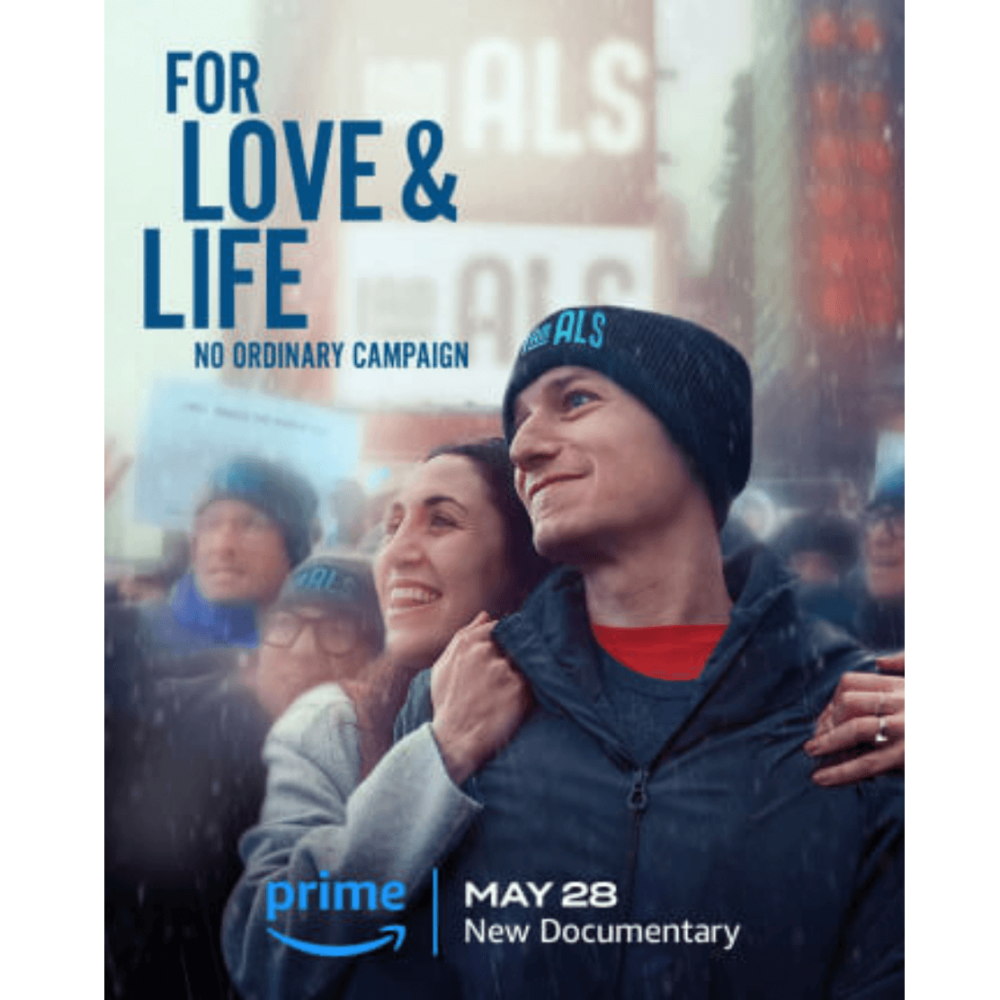
This essay is part of my LinkedIn newsletter series: Wow! How? Health.
Brian Wallach and Sandra Abrevaya brought their second daughter home on the same day that he received a devastating diagnosis: amyotrophic lateral sclerosis (ALS). Brian was told he had six months to live.
Seven years later, Brian is still alive. He and Sandra have harnessed their skills and political connections to change the landscape for people with neurodegenerative diseases. They led a lobbying campaign to increase federal research funding for ALS by $1 billion and founded both a nonprofit, I AM ALS, and a startup, Synapticure.
Their story is captured in an Amazon Prime documentary, “For Love & Life: No Ordinary Campaign,” and I urge you to watch it. It is a parable for the patient-, survivor-, and caregiver-led revolution in medical care.
One lesson: you don’t stop being who you are just because you or a loved one gets sick.
If you are an artist, keep making art. If you are a writer, write. If you are a community organizer, gather your people. If you are a fundraiser, get to it. If you have a platform, use it. Bring your talents to the task of navigating the health care system, pursuing well-being, and if you’re up for it, changing the world for the better.
Before his diagnosis, Brian was working as was an Assistant United States Attorney in the Northern District of Illinois after serving as a lawyer in the Obama White House. Sandra, also trained as a lawyer, had run non-profit organizations, served in senior roles in the U.S. Congress and as Associate Communications Director in the Obama White House. They are uniquely suited to the challenge of pushing the federal government to take action.
In the lexicon of my book, Rebel Health, Brian and Sandra stepped into their power as Networkers, who create community and pool resources, and Champions, who direct mainstream sources of power to a patient-led movement. They gathered a team around them that made ALS patients more visible than ever before and helped pass legislation to expand access to promising treatments. They are sharing their talents and, even more important for the patient-led revolution, inspiring others to join the cause.
Where have you seen people bring their talents to a health care fight? What examples can you share to help others see a place for themselves in the patient-, survivor-, caregiver-led revolution in medical care?
Here’s a start — please add to it in the comments:
- Amy Tenderich, journalist, founder of DiabetesMine, the resource she wished had existed when she was diagnosed with Type 1 diabetes so she created it.
- Jamie Heywood, mechanical engineer, founder of ALS TDI, the biotech company he thought should exist so he created it (among other efforts to accelerate ALS treatment innovation on behalf of his brother, Stephen).
- Katie McCurdy, user experience designer, founder of Pictal Health which helps people create a visual health record.
- Anthony Carbajal, photographer living with ALS. See: https://www.instagram.com/carbajalphoto/
- Maggie Whittum, actress, filmmaker, stroke survivor. See: The Great Now What
- Elizabeth Jameson, fine artist. See: http://www.jamesonfineart.com
- Yoko Sen, sound artist transforming the hospital audio environment. See: http://www.sensound.space
- Casey Quinlan, TV journalist, comedian, professional rabble rouser. See: https://www.bmj.com/content/382/bmj.p1779.full
- And Gilles Frydman added: Michael Graves, architect, who worked on health care design after becoming paralyzed.
So many amazing people are sucked into the vortex of illness, of caregiving, of life with a chronic disease and bring their talents to bear. Feel free to add others who come to mind — including yourself!
Leave a Reply